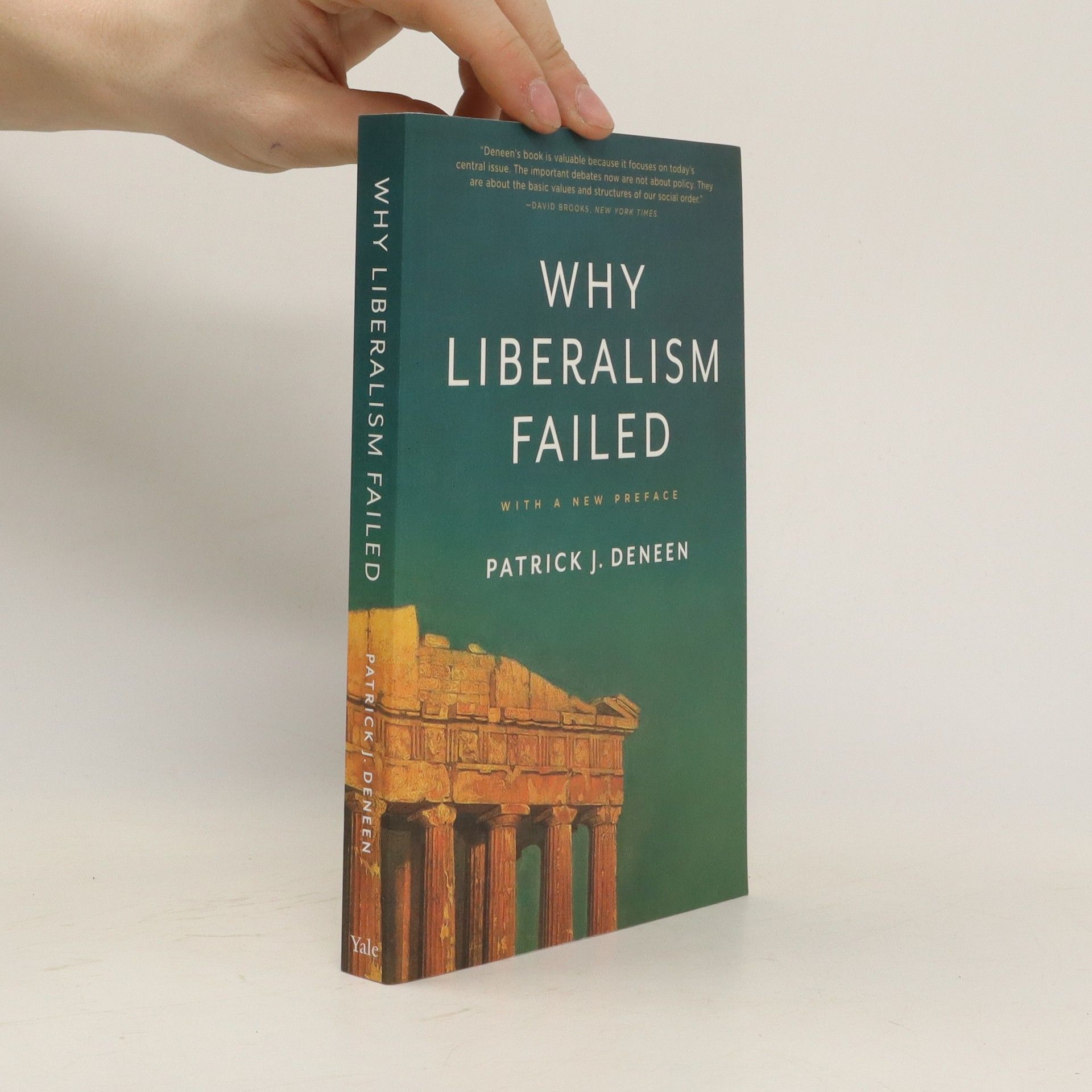Jak vyvést Evropu z krize? Takto!
- 48 pages
- 2 hours of reading
Dostáváte do rukou překlad projevu maďarského premiéra Viktora Orbána z podzimu 2023. Orbán čelí v České republice dlouhodobé vlně nenávisti a dezinformačních kampaní. Jeho popularita klesá zejména mezi eurohujery, kteří preferují zájmy Západu, přičemž Orbán hájí zájmy Maďarska v EU a světové politice. Česká republika pod vedením Petra Fialy čelí ekonomickým problémům, zatímco Maďarsko dosahuje rekordních investic, zaměstnanosti a vývozu, i když je pod finančními sankcemi EU. Orbán upozorňuje, že Maďarsko, ačkoliv je na 96. místě podle počtu obyvatel, se umisťuje na 31. místě v objemu vývozu. V letech 2022 a 2023, kdy se světová ekonomika otřásla, Maďarsko prosperovalo. Orbán také zdůrazňuje důležitost spolupráce mezi Maďary a Slováky, bez ohledu na politické rozdíly. Je důležité znát názory Orbána, který formuje politiku Maďarska již několik desetiletí, a inspirovat se jeho pohledem na možné cesty z krize, v níž se EU nachází. Jak Orbán říká, zájmem politiků by mělo být blaho jejich vlastního národa, což platí i pro Čechy, Moravany a Slezany. Tento projev je součástí série projevů významných světových státníků, které naše nakladatelství vydává.



